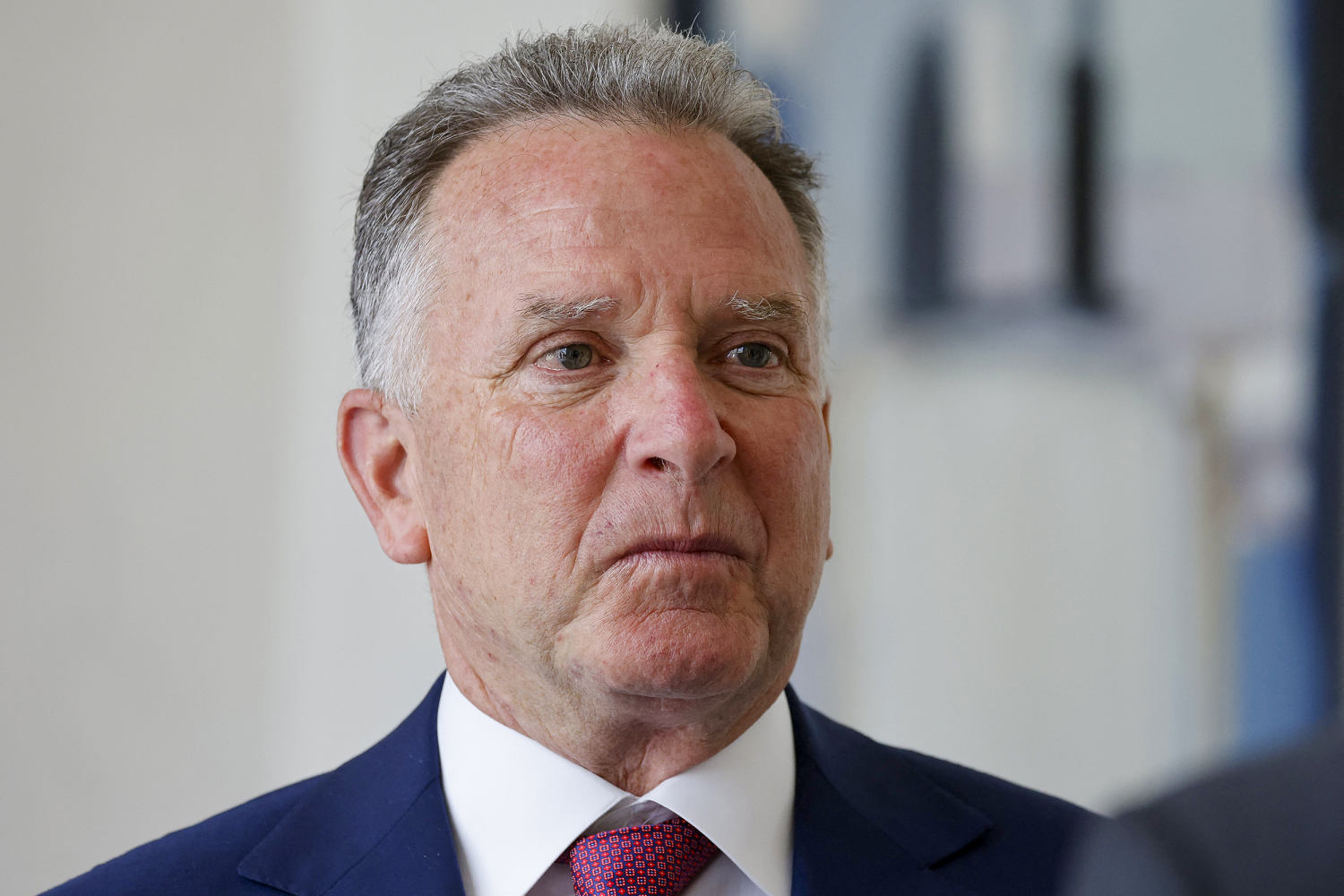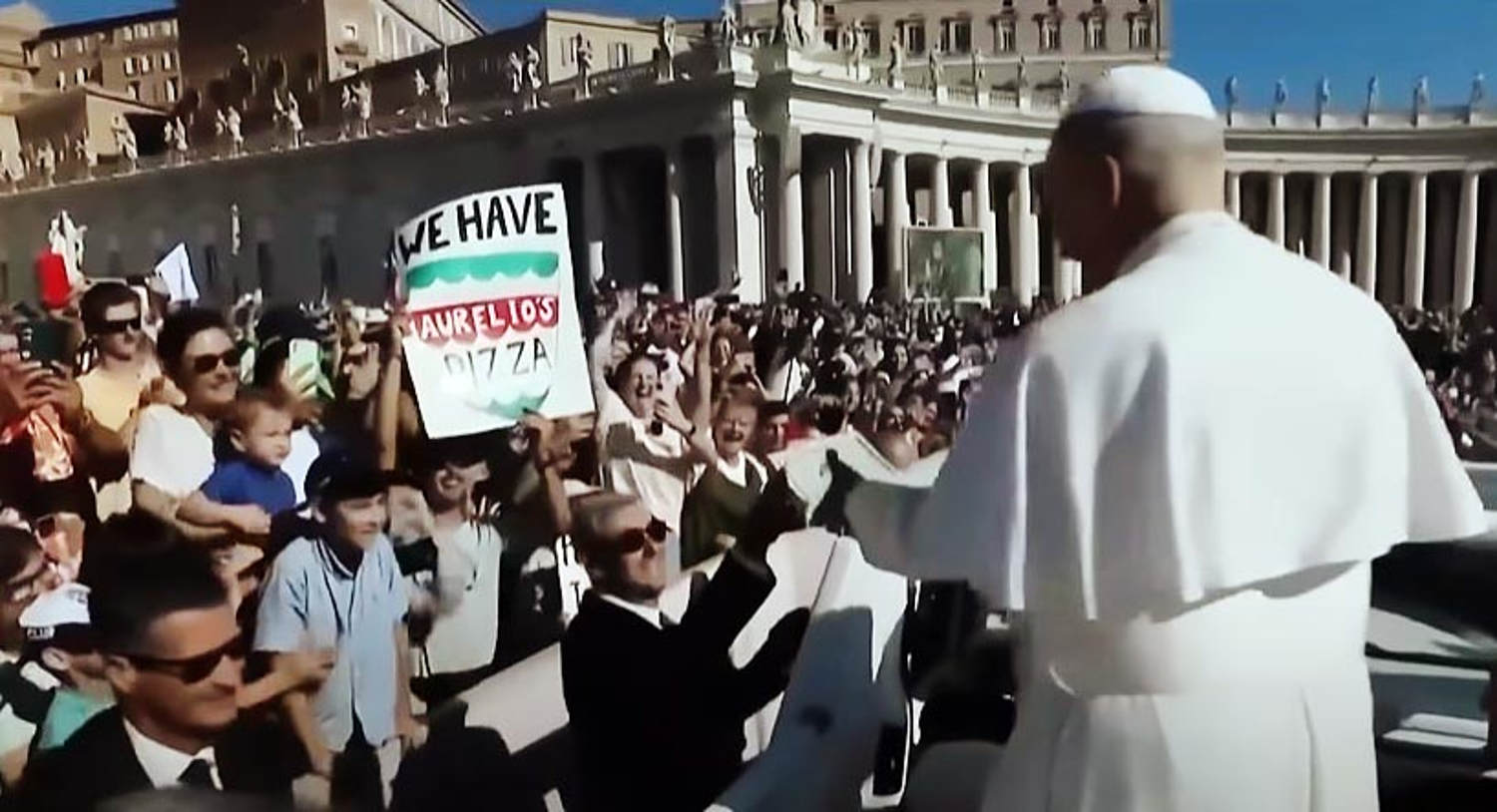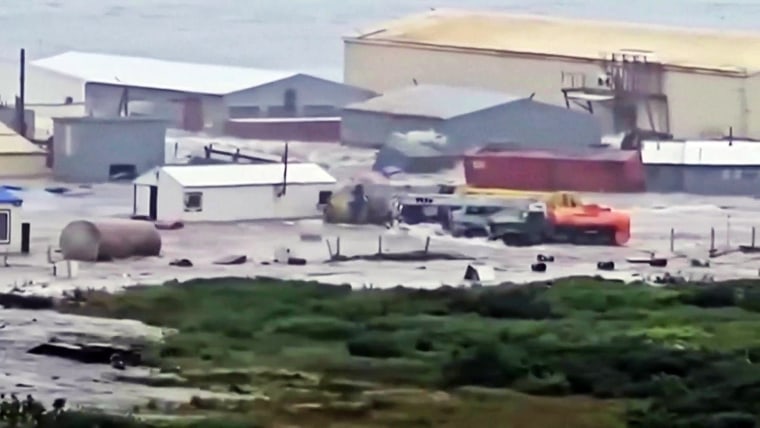U.S. envoy Steve Witkoff to travel to Israel to address humanitarian crisis in Gaza


WASHINGTON — President Donald Trump’s special envoy Steve Witkoff will travel to Israel on Thursday to address the humanitarian crisis in Gaza, one source familiar with the move and one senior White House official said.
Witkoff, who has overseen negotiations to resolve Israel’s conflict with Hamas in Gaza, will meet with officials, though it’s not yet clear who will be involved in those discussions. Trump said earlier this week in Scotland that Israel “has a lot of responsibility for flow of aid,” emphasizing that its government could greatly expand access to food.
Witkoff’s trip overseas comes as many Democrats and some Republicans have been calling on the Trump administration to do more to expand food assistance to Gaza, inflict greater pressure on the Israeli government and renew efforts to strike a ceasefire in the region. Talks to reach a deal failed last week, with Witkoff pulling his negotiating team from Doha after he said the latest response from Hamas on an agreement “shows a lack of desire to reach a ceasefire in Gaza.”
The Integrated Food Security Phase Classification, a leading global authority on hunger, said Tuesday that a “worst-case scenario of famine” was taking place in Gaza. The IPC said in an alert that there was mounting evidence of “widespread starvation, malnutrition, and disease.” The IPC said in an alert that there was mounting evidence of “widespread starvation, malnutrition, and disease.” According to Palestinian health officials, the death toll in the territory has surpassed 60,000, though officials don’t distinguish between civilians and combatants. The ministry has said that more than 30% of those killed have been children.
“Palestinians in Gaza are enduring a humanitarian catastrophe of epic proportions,” U.N. Secretary-General António Guterres said in a statement Tuesday in response to the news about a famine unfolding. “This is not a warning. It is a reality unfolding before our eyes. The trickle of aid must become an ocean. Food, water, medicine, and fuel must flow in waves and without obstruction.”
Trump has been more outspoken this week about the humanitarian crisis in Gaza, telling reporters Monday during his trip to Scotland that the U.S. was “going to get a lot of money to the area so they can get some food.”
“We can save a lot of people,” Trump said. “I mean, some of those kids are — that’s real starvation stuff, I see it, and you can’t fake that.”
Trump had mentioned the idea of the U.S. setting up “food centers” in Gaza, which he said would be done “in conjunction with some very good people” where “people can walk in” and there would be “no boundaries.”
On Sunday, Israel announced a “tactical pause” in military operations in Gaza and since then, more than 320 trucks of aid have been collected and distributed by the United Nations and international organizations and at least 260 trucks were in Gaza, awaiting collection and distribution, according to the Israel Defense Forces, citing its COGAT unit that coordinates logisticis. Also, 48 aid packages have been airdropped in coordination with the United Arab Emirates and Jordan.
Israeli Prime Minister Benjamin Netanyahu said Monday that his country would work with international agencies as well as the U.S. and European nations to ensure large amounts of aid enter the Gaza Strip.
Netanyahu has claimed Hamas is stealing aid meant for civilians, though a U.S. government analysis found no widespread evidence that the militant group was stealing U.S.-funded aid.
“While the situation in Gaza is difficult and Israel has been working to ensure aid delivery, Hamas benefits from attempting to fuel the perception of a humanitarian crisis,” Netanyahu said.




